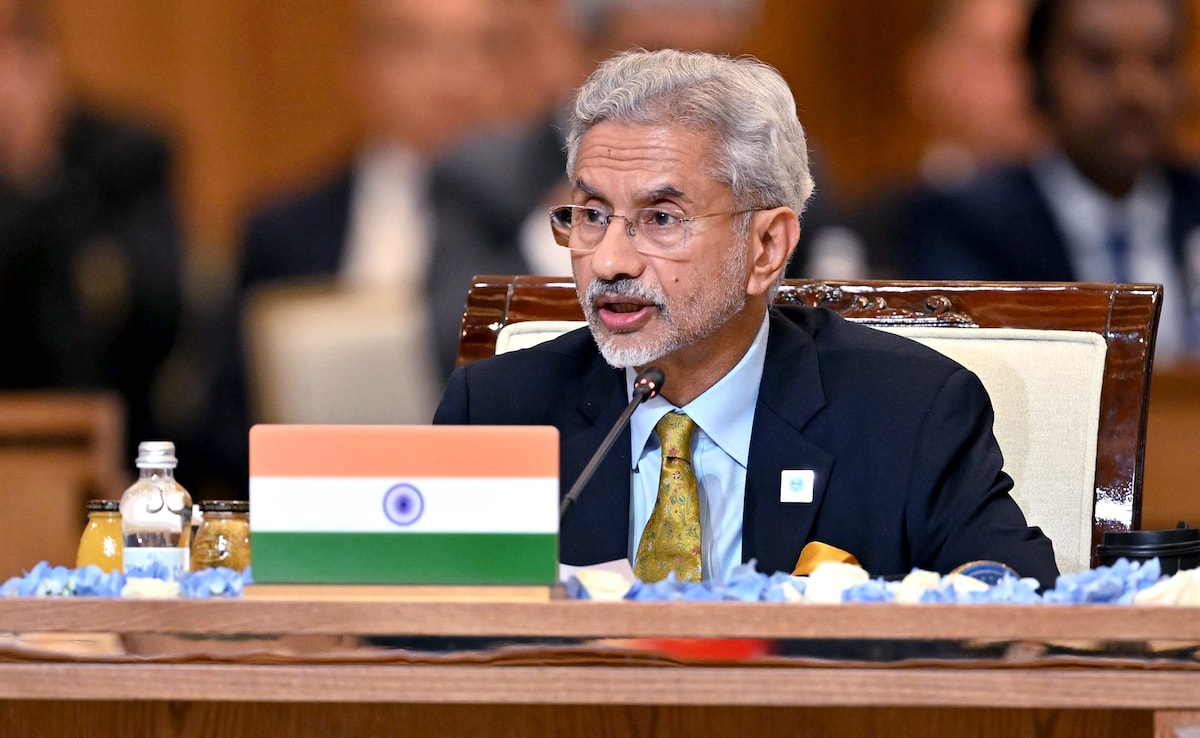October 10 marks World Mental Health Day, a global observance dedicated to promoting mental health awareness, education, and advocacy. Founded in 1992 by the World Federation for Mental Health (WFMH), this annual initiative aims to mobilize international efforts to support mental well-being. Since its inception, World Mental Health Day has gained significant momentum, with increasing participation from countries, organizations, and individuals worldwide.
Mental Health at Work
This year’s World Mental Health Day theme is “Mental Health at Work.” With an estimated 60% of the global population in some form of employment, addressing mental health at work has become imperative. Poor conditions, discrimination, harassment, and stigma can significantly harm mental well-being, while inclusive workplaces can promote mental health. The World Health Organization (WHO) estimates that anxiety and depression alone cost the global economy $1 trillion annually in lost productivity, underscoring the urgent need to address mental health in workplaces.
Workplace stress has reached unprecedented levels, with employees globally struggling to cope. The cumulative impact of post-pandemic adjustments, escalating economic pressures, and the pace of modern work has taken a toll. Mental health is no longer a personal issue, but a critical business imperative, as it directly influences job performance, creativity, employee engagement and overall life satisfaction.
“The topic of workplace mental health has gained prominence in recent years and this has been advanced by the new generation joining the workforce. There is a lot more emphasis on mental well-being, taking precedence over conventional must-haves such as good salary, benefits, facilities and so on. Organizations are starting to recognize that a culture that actively safeguards, encourages and embraces well-being is not_ just an obligation but also essential for high-performing teams and business longevity. To create substantial impact, organizations need to have a strategic long-term approach to integrate well-being into the very fabric of the workplace,” noted Abha Dandekar, Founder, of Elephant in the Room Consulting.
Tsuyoshi Akiyama, the president of the World Federation for Mental Health credited the Covid-19 pandemic with shining a light global mental health crisis. He told the Independent, ”The Covid-19 pandemic pulled the curtain back on the dramatic need to address mental health issues in the workplace. Today, around the world, enlightened leaders strive to meet their duty of care, recognizing that addressing the mental health needs of their workforce is not only beneficial for individuals but also for healthy and high-performing organizations.”
How Can Workplaces Help?
Workplaces can play a significant role in reducing stress. Open communication, flexible work arrangements, and wellness programs can make a substantial difference. Team-building activities can foster a supportive environment while recognising and rewarding employees’ hard work can boost morale. Ensuring ergonomic workspaces and establishing clear work-life balance policies are also important.
Leveraging technology can also help alleviate stress. Companies can utilise time tracking tools to monitor workload, virtual meeting platforms to reduce travel stress, and mental health apps for access to mindfulness exercises and counselling. Automated workflows can streamline tasks and reduce workload.
Ultimately, creating a stress-free work environment requires an organisational culture shift. Workplaces should emphasise work-life balance, foster openness and support, prioritise employee well-being, encourage continuous learning, and recognize and address burnout. By implementing these strategies, individuals and organizations can work together to reduce stress and promote a healthier work environment.
Tips to reduce stress at work
Start by prioritising tasks, focusing on high-priority ones, and breaking them down into manageable chunks.Take regular short breaks to recharge and consider exercising regularly to reduce stress and boost mood.Mindfulness practices like meditation, deep breathing, or yoga can also help.Set clear boundaries between work and personal life is crucial, and don’t hesitate to communicate concerns with colleagues, supervisors, or HR.Effective time management is also vital. Utilise tools like calendars, to-do lists, or apps to stay organized.Prioritise self-care by getting enough sleep, eating a balanced diet, and staying hydrated.














